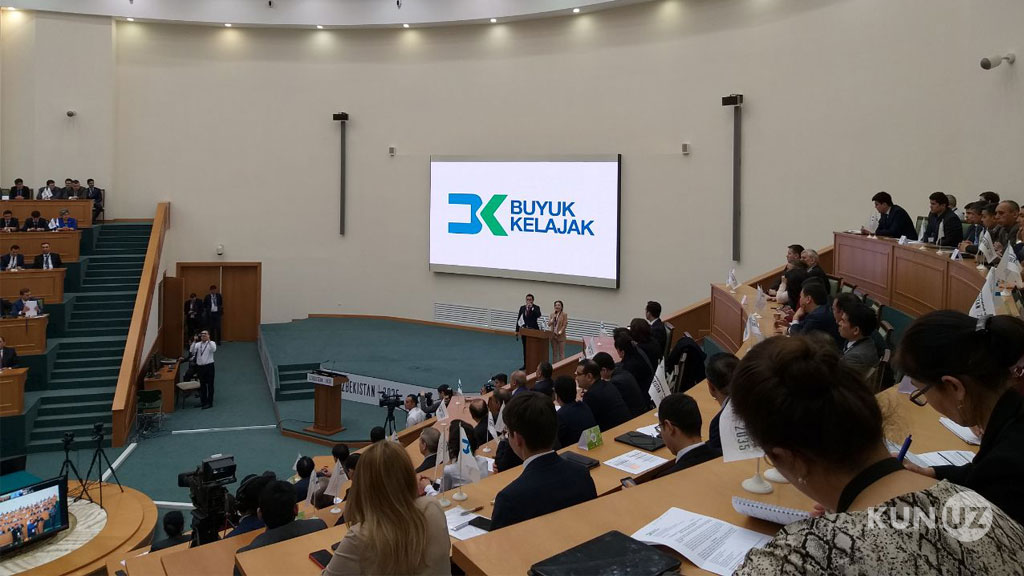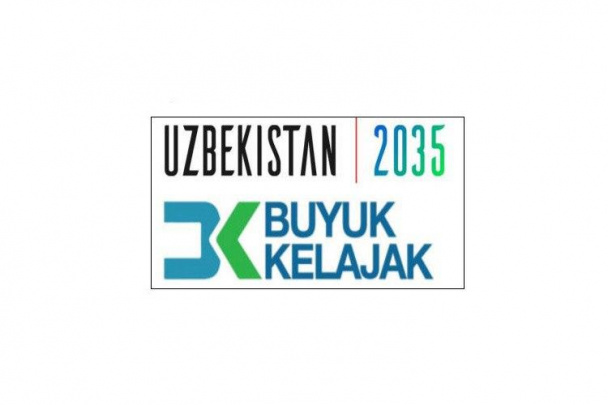Experts of the council Buyuk Kelajak do not support the “shock” banking reform

Majority of experts of the International non-profit organization Buyuk Kelajak did not support the “shock” banking reform.
This follows from the Development Strategy “Uzbekistan 2035”, which is prepared by the INPO “Buyuk Kelajak” based on the study of the experience of international organizations and experts, civil societies and institutions, as well as opinions of compatriots working abroad and in Uzbekistan.
Assumptions about the future development of a particular trend or situation expressed in the concept are prepared for general information. This means that the government can listen to them or not.
The concept considers three options on examples from Russia, Japan and Singapore.
Gradual (Russia) provides for a steady transition from the current model (high level of public sector participation) to the distribution of financial flows through development institutions, privatization of the banking sector and further complete liberalization.
In general, it is characterized by a slow evolutionary transition of the sector to full liberalization.
Advantages of this option are that it does not require breaking the traditional structure of the financial sector and allows to support priority sectors through development institutions.
Downsides – inefficient spending of public funds, a high proportion of the state in the banking sector does not allow to solve all challenges of the banking sector.
Liberal (Japan, Singapore) considers that at the first stage, private and independent banks, as well as government projects are implemented in development institutions. At the second stage, there is a complete liberalization of the banking market and absence of state players. The state retains only supervisory and regulatory functions.
In general, this is a gradual transition of the sector to full liberalization without a stage involving a high proportion of state participation.
Its advantages are that it is a relatively gradual transition bypassing the stage with a high share of state participation. This option allows to support priority sectors through development institutions.
Disadvantage – it does not allow to solve all challenges of the banking sector in a short term.
Shock (Singapore) provides for a sharp transition from the current state to the Singaporean model of the banking sector, complete liberalization of the banking market and absence of state players. The state retains only supervisory and regulatory functions. In general, it is a shock transition to a state of complete liberalization of the banking sector.
Its advantages are that it allows to solve all challenges of the banking sector in a short term. Drawbacks – it requires breaking the traditional model of the financial sector, it does not allow the state to use the banking sector to support priority programs and projects. In addition, there are possible “excesses” in places.
The concept stresses that a number of experts indicated the “shock” option as a target development option, but the “liberal” is supported by the majority as a target as more balanced.
Related News

16:24 / 08.08.2020
"Buyuk Kelajak" NGO expert Sanjar Jalolov dies from coronavirus

22:39 / 20.01.2020
Buyuk Kelajak employees complain about violations of labor rights

21:14 / 24.12.2019
Four members of Buyuk Kelajak Coordination Council resign from the organization

12:10 / 11.09.2019




